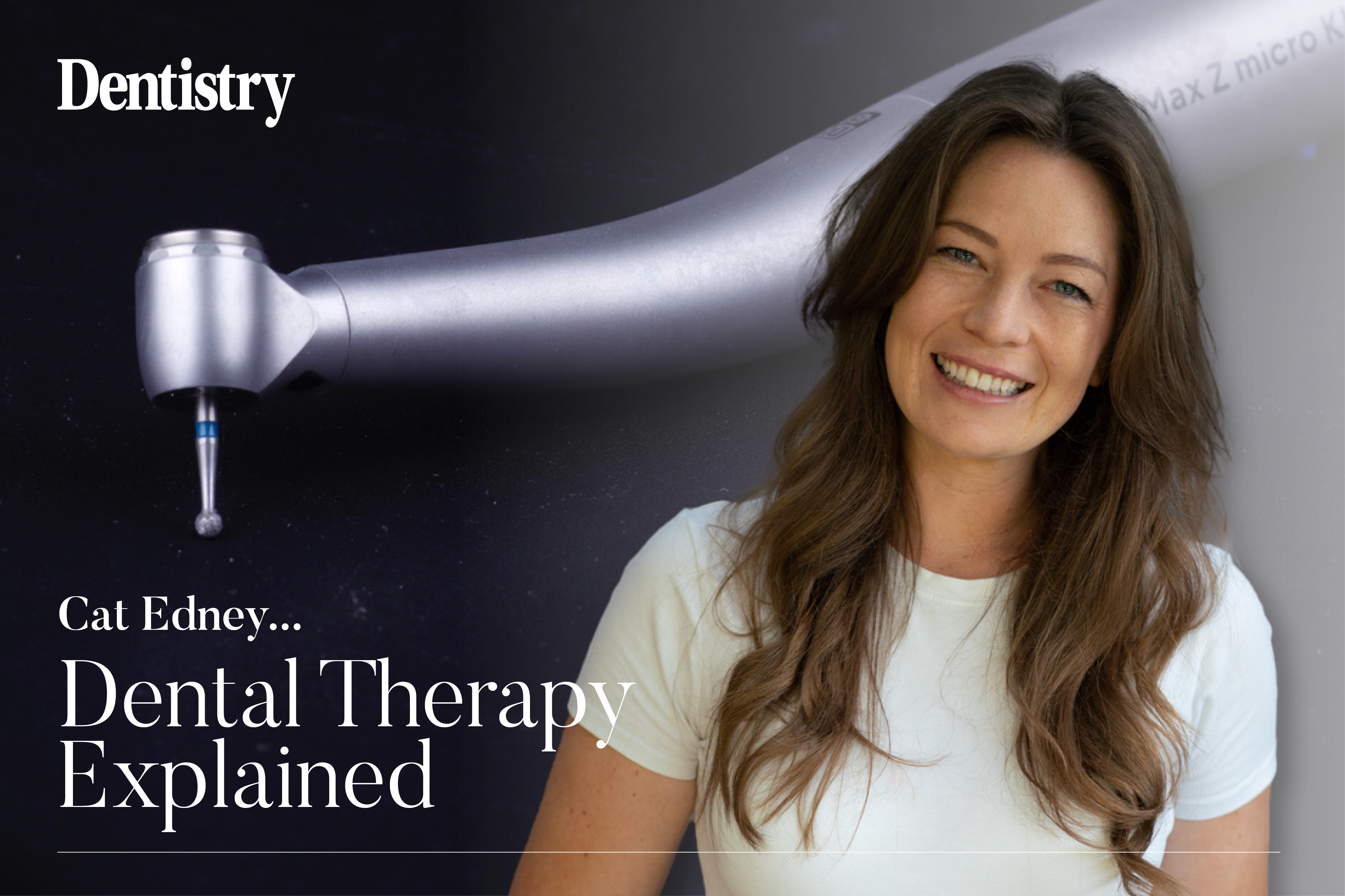
This month, Cat Edney explores the concept of the associate dental therapist and why she believes more therapists should adopt an associate mindset.
What is an associate dental therapist?
We have become very accustomed to viewing the majority of non-owner dentists as ‘associate dentists’. This is partly due to the nature of the role being generally self-employed, but it may also be a hang-over from the understanding that the treatment being undertaken by the dentist is wholly their responsibility and not that of the clinic(s) that they are associated with.
In more recent times there has been the issue of ‘vicarious liability’ whereby clinic owners could also be liable for the actions of their associates. However, this is considered more a legal matter than a General Dental Council (GDC) one. The GDC hold all individual registrants accountable to the published standards – the same set of standards for all registrants.
A new breed of ‘associate’
Why is it then that the term ‘associate’ is not used for dental therapists?
Direct access for dental therapists in the UK was permitted in May 2013. Before this date, patients were required to be referred by a dentist to a dental therapist before any treatment could be initiated.
With the change in regulations, dental therapists gained the ability to provide their full scope of dental treatments directly to patients without the need for a prior referral from a dentist. This was seen as a way to improve access to dental care and streamline the process for patients seeking treatment from dental therapists.
This shared responsibility of the referring dentist and dental therapist could be the reason why the waters were muddied: but now that direct access is so widely accepted and becoming more understood, could we see a new breed of associate emerge? The associate dental therapist?
What does an associate dental therapist look like?
The crucial differentiator is how an individual is paid. Associate dentists risk loosing income if their diaries are not full or their patients don’t buy into the treatment plans they produce.
An associate dental therapist will be a self-employed individual – either by sole trader status or limited company. They would be paid on a fee-based renumeration, meaning they are paid according to the income they generate. This could be either on flat percentage terms or a sliding scale of percentages. As a sole trader, the therapist would invoice the practice according to their agreement and would be responsible for ensuring a profitable diary.
As dental therapists can provide examinations, the associate dental therapist would be building a list of patients for regular examinations, providing restorative and periodontal care for these individuals and onward referral for any ‘out of scope’ work.
An associate dental therapist is also incentivised to improve their skill set, attend courses and engage with dental companies in order to improve their offering. They will be keeping an eye on their own key performance indicators – how many patients book in for treatment following their treatment planning, how many referrals do they make and what kind of income is this generating for the wider team.
Relieving NHS dental pressures
With multiple mentions of the NHS looking to dental therapists to plug the gap in dental care, I feel that more dental therapists need to move into the associate mindset – not only that they are wholly responsible for the care they provide but also that they are a business within a business.
The associate dental therapist needs to look at: their contract, payment terms, their investments, clinical skills courses, CPD and the equipment they use. They also need to keep on top of their personal performance when it comes to audit, communication and conversion.
Do I believe that the NHS will be saved by associate dental therapists? Probably not. But I do see the opportunity for more parity for dental therapists in both the NHS and private sector.
The way to achieve this parity is to take more responsibility for the business we work in – looking to our progressive BDS colleagues and following their lead and working as an associate rather than a pseudo-employee.
Catch up with Cat’s previous columns:
- New year, new personal development plan
- Getting off the green mile
- Creating confidence in dental therapy
- Dental therapists – recruitment, renumeration, retention
- Implementing the therapy-led model.
Follow Dentistry.co.uk on Instagram to keep up with all the latest dental news and trends.


